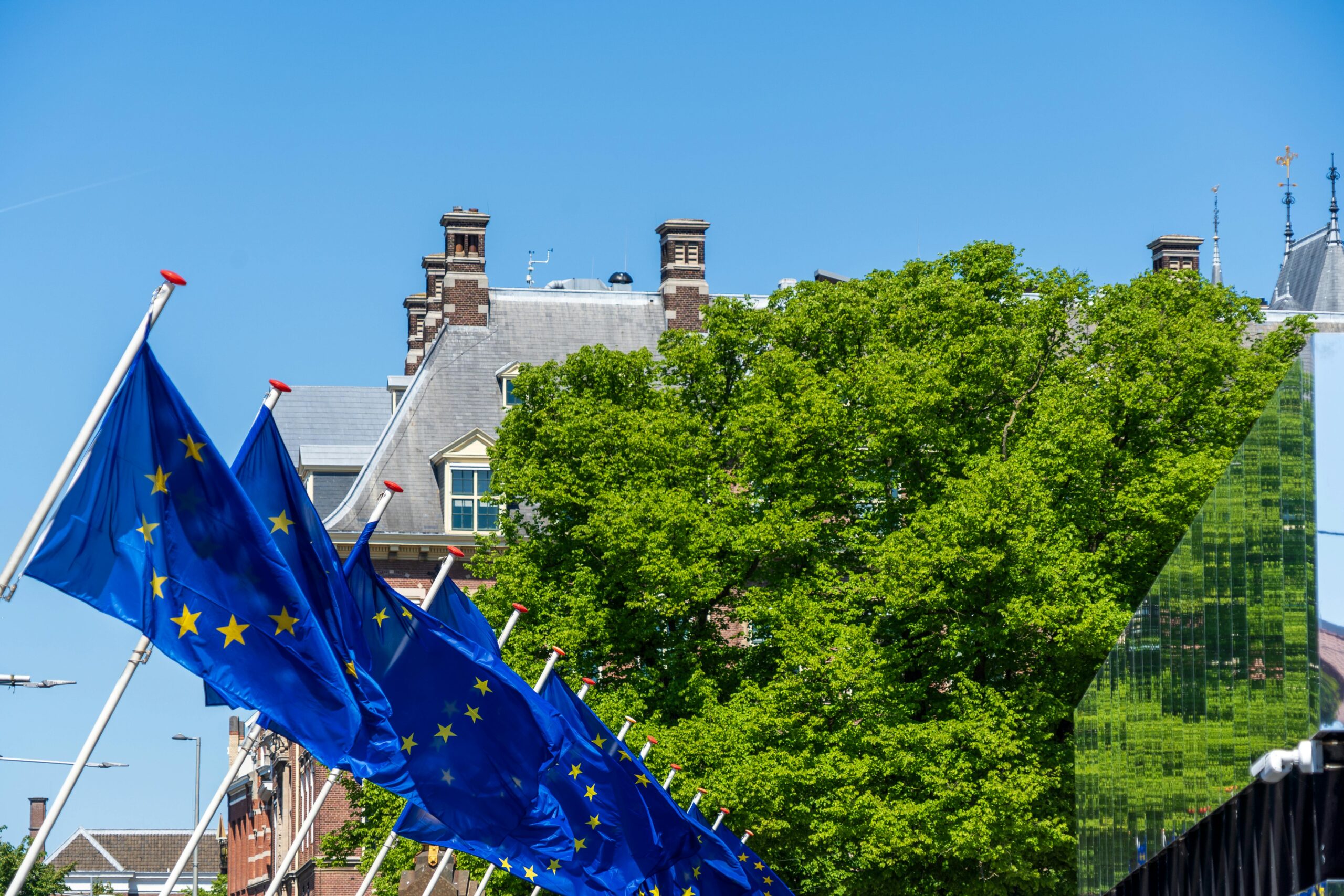On Wednesday, (25 June), the European Commission unveiled a historic legislative proposal, the EU Space Act, aimed at creating a single, harmonised market for space activities across the Union. The ambitious plan seeks to bolster the competitiveness of Europe’s burgeoning space sector, enhance the safety of operations in an increasingly crowded orbital environment, and ensure the long-term sustainability of space exploration. The proposal comes at a critical juncture, as the global space economy is set to triple in value to $1.8 trillion over the next decade, and is designed to prevent a fragmented European market from falling behind international competitors.
In addition, by replacing the current patchwork of 12 different national space laws with a single set of predictable rules, the Space Act aims to cut red tape and create a level playing field, particularly benefiting start-ups and SMEs. Moreover, the Commission will ensure that authorisations granted in one Member State would be recognised across the EU, simplifying cross-border operations.
Safer skies: tackling space debris
Space is getting crowded. With approximately 11,000 satellites currently in orbit and an estimated 50,000 more expected to launch within the next ten years, the risk of collision has never been higher. Moreover, there are over 128 million pieces of space debris moving around the Earth. A single collision could trigger a devastating chain reaction, known as the Kessler effect, potentially rendering vital orbits unusable and cutting off critical satellite services that we rely on for everything from navigation and communication to weather forecasting.
To address these issues, the EU Space Act proposes robust “rules of the road” for space. These measures will include mandatory requirements for the safe disposal of satellites at the end of their operational life, with a general rule for de-orbiting within 25 years. The Space Act will also improve the tracking of space objects to prevent collisions, establishing a clear and predictable framework to protect both new and existing space assets. As Commissioner Kubilius, the first-ever European Commissioner for Space, stated, “It is time for us to have rules of the road in space and safety rules in space. Like 100 years ago it was done with the traffic on terrestrial roads.”
Ensure the safety of space systems against threats
The EU Space Act also mandates a new era of vigilance. All space operators, whether public or private, will be required to conduct comprehensive risk assessments throughout a satellite’s entire lifecycle. This includes implementing stringent cybersecurity protocols tailored to the unique vulnerabilities of space systems and establishing clear procedures for reporting security incidents. By fortifying its space infrastructure, the EU aims to protect the critical services that underpin up to 10% of its economy.
Enhancing space sustainability
The launch, operation, and disposal of satellites have tangible impacts, including CO2 emissions and the proliferation of debris. Therefore, the third pillar of the Space Act focuses on sustainability. The legislation will introduce a common methodology for measuring the environmental impact of space activities across the Union.
This standardised approach will provide consistent and verifiable data, allowing the industry to identify areas for improvement and innovate towards a greener future. It will encourage the development of pioneering technologies such as in-space servicing, where satellites can be repaired, refuelled, or upgraded in orbit to extend their lifespan and reduce the creation of new debris.
Conclusions
The EU Space Act marks a significant step towards regulating space activities at the Union level for the first time. “Today we make history,” Commissioner Kubilius underscored. “The EU Space Act is the first time ever we regulate space activities in the European Union. The frontier is going to become a part of the Single Market, with smart regulation.” The European Parliament and the Council will now negotiate the legislative proposal.

